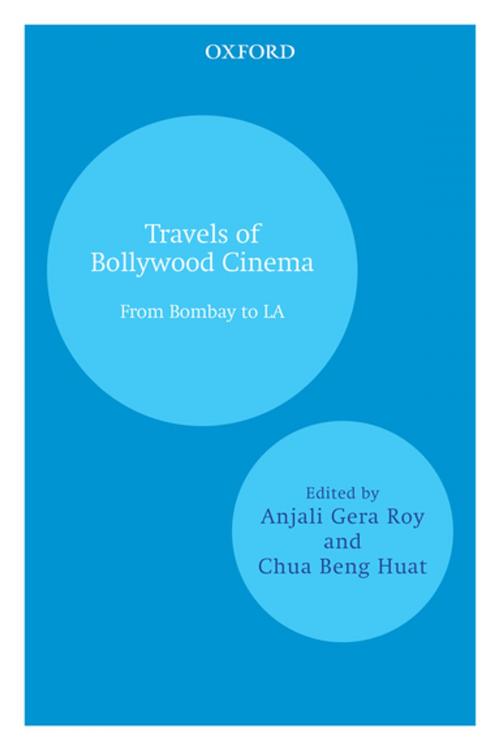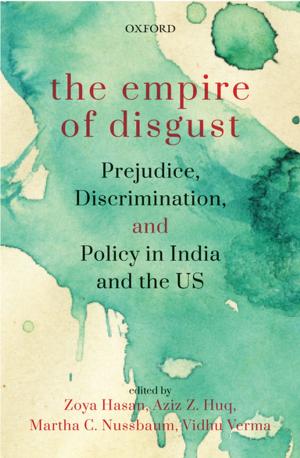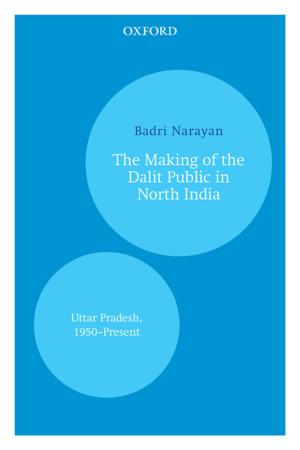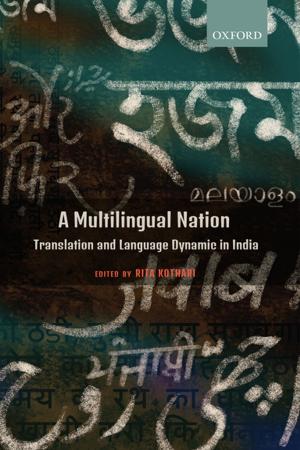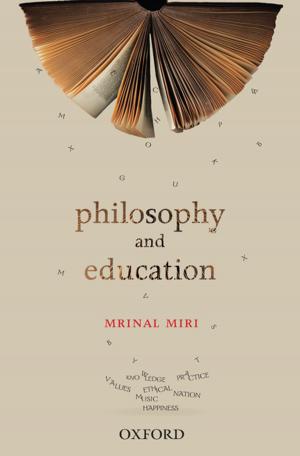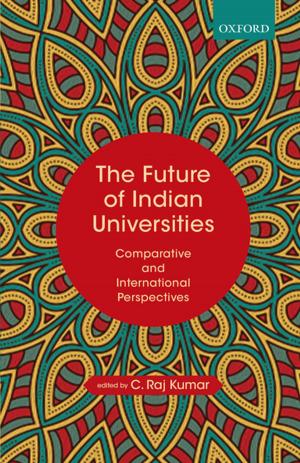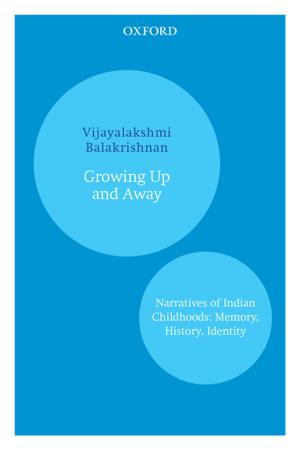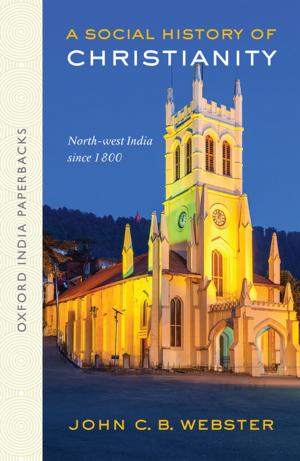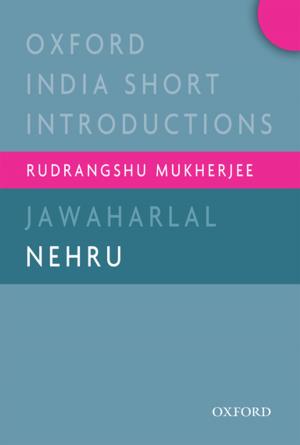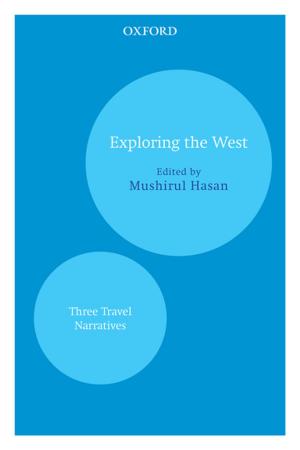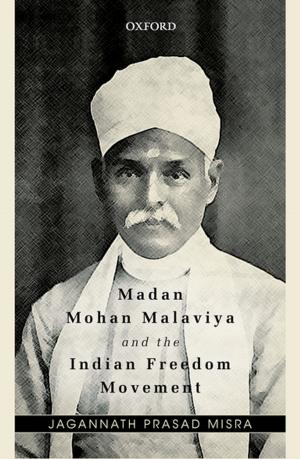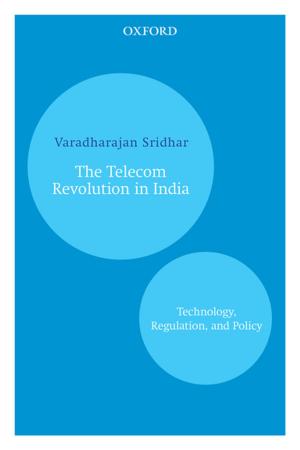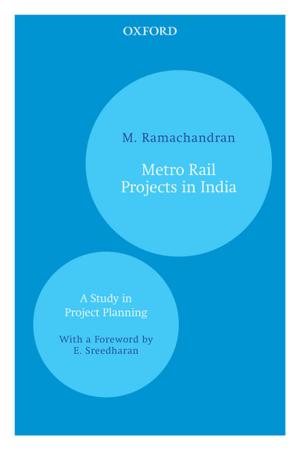Travels of Bollywood Cinema
From Bombay to LA
Nonfiction, Entertainment, Film, History & Criticism, Performing Arts| Author: | ISBN: | 9780199088621 | |
| Publisher: | OUP India | Publication: | November 10, 2014 |
| Imprint: | OUP India | Language: | English |
| Author: | |
| ISBN: | 9780199088621 |
| Publisher: | OUP India |
| Publication: | November 10, 2014 |
| Imprint: | OUP India |
| Language: | English |
From Bombay (Mumbai) and other production centres on the Indian subcontinent, Indian popular cinema has travelled globally for nearly a century, culminating in the Bollywood-inspired, Oscar-winning film Slumdog Millionaire. This volume brings together perspectives on Indian popular cinema, universally known as Bollywood now, from different disciplinary and geographical locations to look afresh at national cinemas. It shows how Bollywood cinema has always crossed borders and boundaries: from the British Malaya, Fiji, Guyana, Trinidad, Mauritius, and East and South Africa to the former USSR, West Asia, the UK, the USA, Canada, and Australia. While looking at the meanings of nation, diaspora, home, and identity in cinematic texts and contexts, the essays also examine how localities are produced in the new global process by broadly addressing nationalism, regionalism, and transnationalism, politics and aesthetics, as well as spectatorship and viewing contexts.
From Bombay (Mumbai) and other production centres on the Indian subcontinent, Indian popular cinema has travelled globally for nearly a century, culminating in the Bollywood-inspired, Oscar-winning film Slumdog Millionaire. This volume brings together perspectives on Indian popular cinema, universally known as Bollywood now, from different disciplinary and geographical locations to look afresh at national cinemas. It shows how Bollywood cinema has always crossed borders and boundaries: from the British Malaya, Fiji, Guyana, Trinidad, Mauritius, and East and South Africa to the former USSR, West Asia, the UK, the USA, Canada, and Australia. While looking at the meanings of nation, diaspora, home, and identity in cinematic texts and contexts, the essays also examine how localities are produced in the new global process by broadly addressing nationalism, regionalism, and transnationalism, politics and aesthetics, as well as spectatorship and viewing contexts.
